In the US we devote one entire month to focusing on heart health. Each February we observe American Heart Month. But having a healthy heart is far more important to focus on all year round. According to the CDC, heart disease is the leading cause of death for both men and women in the US. And it doesn’t discriminate. People of all different racial and ethnic backgrounds, ages, and genders are equally at risk of cardiovascular problems. Approximately 659,000 people die from heart disease every year.
From 2016 to 2017, the cost from heart disease-related expenses such as health care services, medications, and lost productivity as the result of death was $363 billion dollars. Chronic health conditions such as diabetes, obesity, sedentary lifestyle, poor diet, and excessive alcohol use increase the risk of heart disease.
Lowering heart disease risk

There are simple lifestyle changes that anyone can adopt that can help the heart stay healthy. Avoiding smoking, reducing alcohol consumption, maintaining a healthy weight, getting good sleep regularly, reducing stress, and getting regular exercise are all important for heart health. But what you eat is just as important. Unfortunately, the standard American diet is not great for a healthy heart.
A large percentage of the foods most Americans eat are highly processed, nutrient-depleted, full of salt, sugar, and other ingredients that are not heart-friendly. The unhealthy, junk-filled diet eaten by most Americans is one of the top contributors to heart disease. Combine that with sedentary lifestyles and other bad health habits and it’s no wonder why so much money is being spent annually on heart disease-related expenses.
Food and heart health
The good news is that there are plenty of fresh, healthy foods that can help you have a healthier heart. These foods are rich in nutrients and fiber that the heart needs to function at its best. Including these foods regularly can help keep your heart happy and healthy!
Olive oil

Olive oil is one of the most heart-healthy fats you can eat. The risk of heart disease has been shown to be lower in Mediterranean countries where olive oil is consumed regularly. And studies have confirmed that eating more than half a tablespoon of olive oil daily can lower heart disease risk by as much as 15%.
Fatty fish
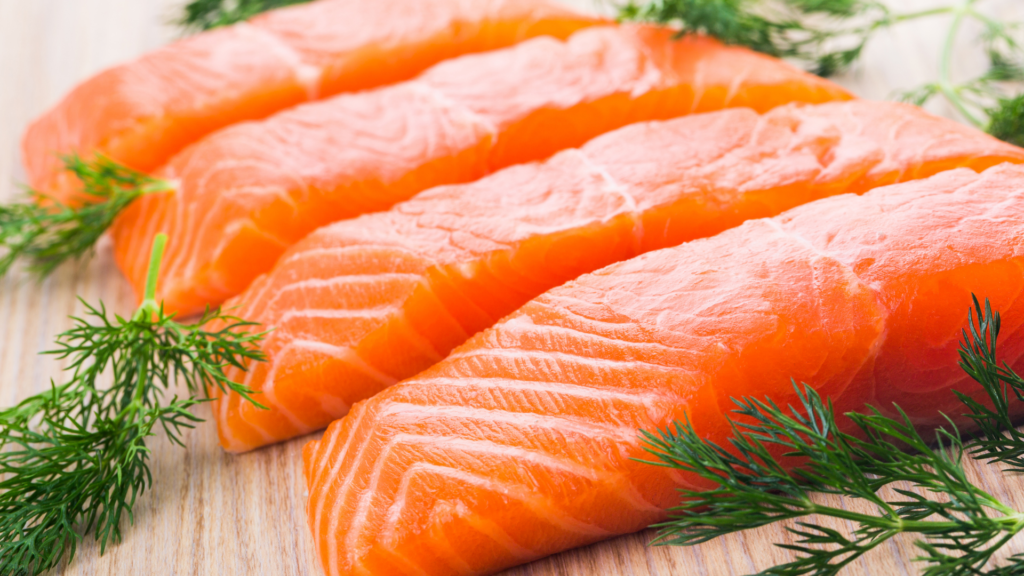
Fatty fish such as salmon, tuna, and mackerel are heart-healthy sources of protein. Studies have shown that eating this type of fish reduces the risk of coronary heart disease, stroke, heart failure, and mortality. All are rich in omega-3 fatty acids which have shown to be beneficial for heart health. It is recommended to eat at least two servings of fatty fish weekly.
Some types of fatty fish are known to contain high amounts of mercury. It is important for women who are pregnant or nursing to be aware of the fish that are known to have the highest risk of contamination and avoid that type of fish.
Berries

Berries such as blueberries and strawberries are some of the healthiest fruits you can eat. Not only do they taste good, but they are good for your heart as well. They contain high levels of antioxidants, helping to protect your body against oxidative stress. There is a strong connection between heart disease and inflammation, but berries have been shown to reduce inflammation. This can help to protect your heart and reduce the risk of heart disease.
Green leafy vegetables

New research shows that eating one cup of leafy green vegetables daily can lower blood pressure and decrease the risk of cardiovascular issues. Eating nitrate-rich leafy green vegetables each day can decrease the risk of heart disease by as much as 26 percent. So go ahead and put that spinach in your smoothie or eat more leafy green salads!
Avocados
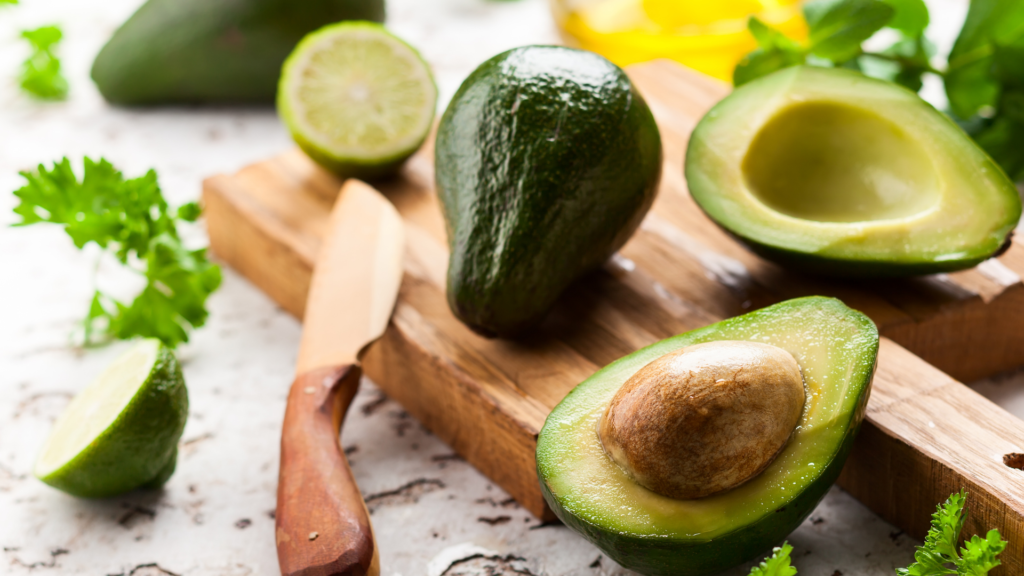
Avocados are rich in monounsaturated fats which have been linked to a lowered risk of heart disease. They have also been shown in studies to reduce the risk factors of metabolic syndrome including high blood sugar levels, obesity, and hypertension. All the risk factors of metabolic syndrome increase the risk of heart disease. Avocados are rich in magnesium and potassium and can also lower inflammation, which can help your heart.
Walnuts
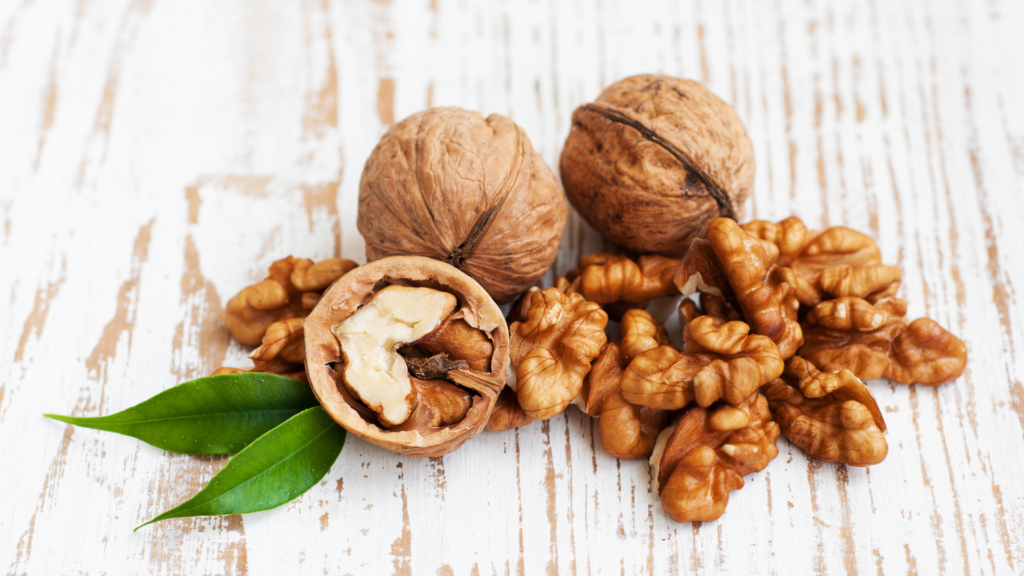
Walnuts are rich in antioxidants and omega 3 fatty acids, both of which benefit heart health. They contain more antioxidant properties than other nuts. Studies have shown that a diet including plenty of walnuts prevented damage caused by oxidized LDL cholesterol. This type of cholesterol tends to build up in the arteries leading to atherosclerosis or hardening of the arteries.
Beans
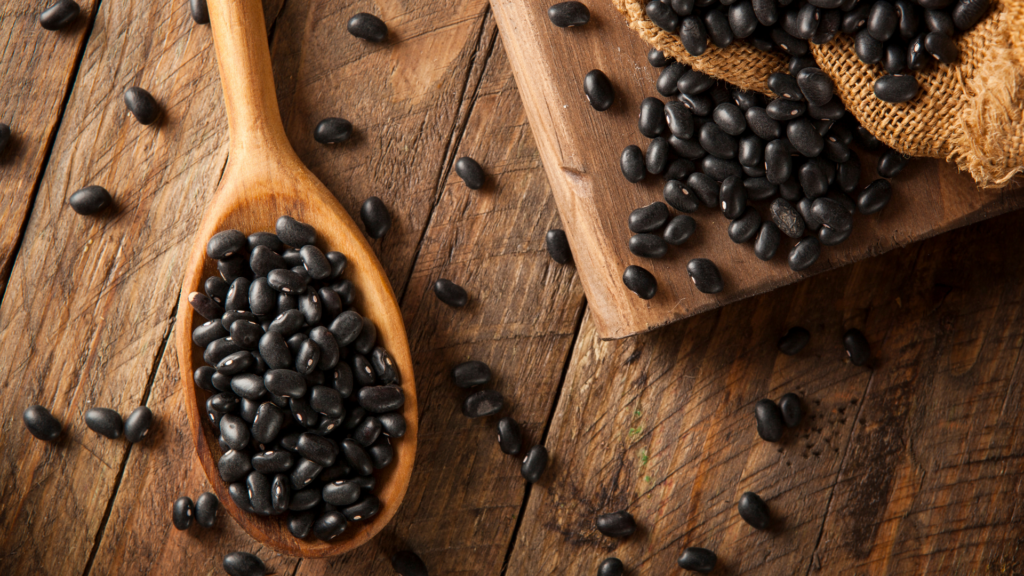
Beans, also known as legumes, have been shown to reduce certain factors related to heart disease. Studies have shown that they can reduce both blood pressure and inflammation, both of which increase the risk of heart disease. They are rich in resistant starch as well, which helps to feed your good gut bacteria, and that can help your digestion too!
Dark chocolate

Who knew that the dark side could be so good? The dark side of chocolate that is. Normally we would advise you to skip the chocolate candy bars and other chocolate snacks. But dark chocolate that is at least 70% cocoa content can be good for you and your heart! Studies have shown that a diet that includes dark chocolate can restore flexibility to your arteries and prevent white cells from sticking to artery walls, causing the hardening of the arteries. Now, this doesn’t mean you can begin to eat all the dark chocolate you want. You should limit your consumption of dark chocolate to no more than one ounce a day.
Seeds
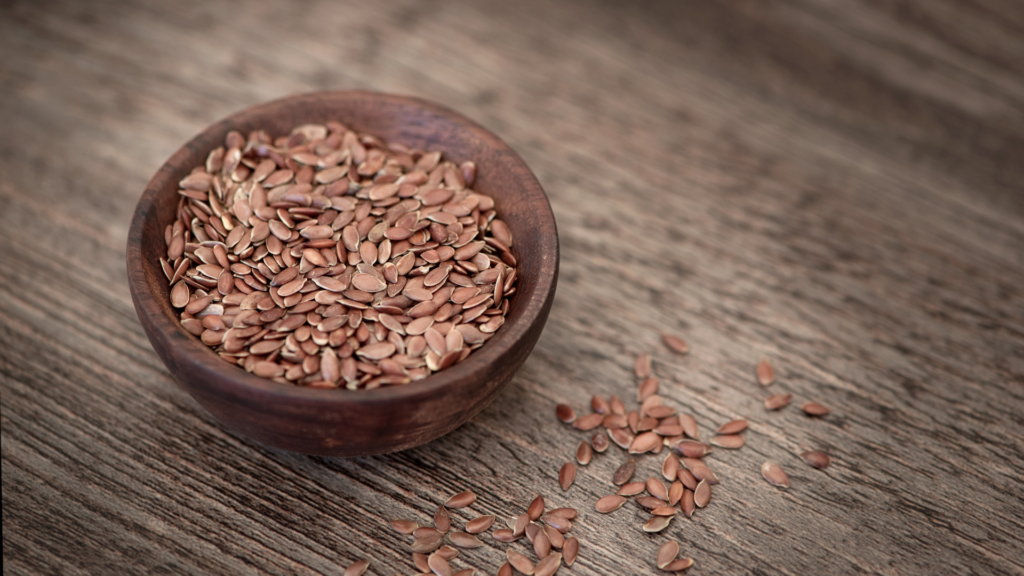
If you want to improve your heart health, eat some seeds. Seeds such as hemp, flax, and chia seeds are rich in Omega-3 fatty acids which have been shown to reduce the risk of heart disease and keep the heart healthy. They have been shown to reduce blood pressure and inflammation.
Green tea
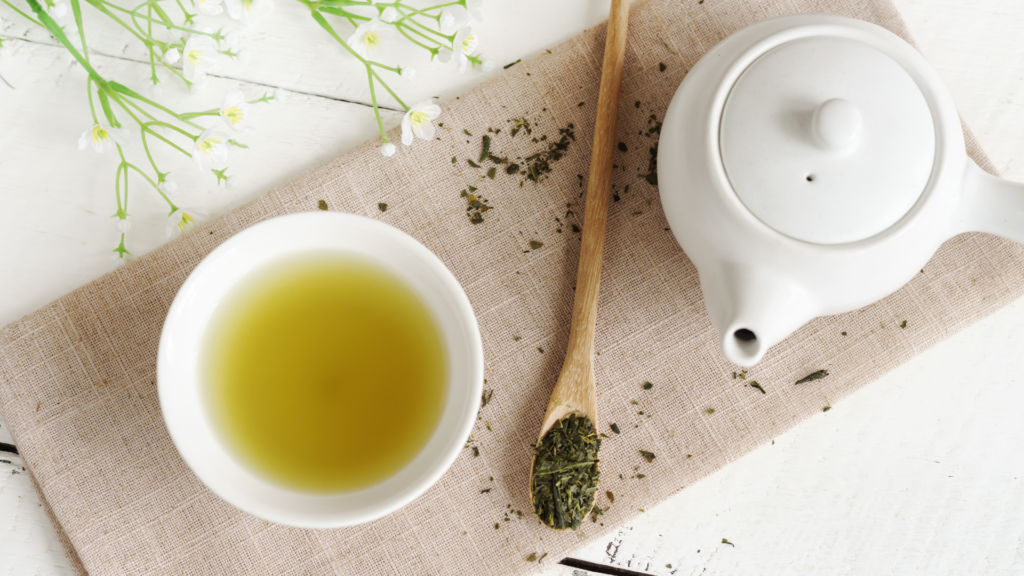
Green tea is one of the most popular beverages around the world. It is rich in flavonoids which have been shown to reduce inflammation, blood pressure, and hardening of the arteries. Numerous studies have also shown that drinking green tea regularly may reduce heart attack fatalities. A 2002 study by the Beth Israel Deaconess Medical Center in Boston interviewed 1900 patients after they had a heart attack. Their research showed that those who consumed 15 cups of green tea weekly had a 44% decrease in death following a heart attack.
Taking care of your heart health is an important responsibility. But adding these simple foods and beverages to your regular diet is a great way to give your heart some love! Interested in learning more about how you can get healthy and stay healthy…naturally? Contact us to see if our program may be the right match for you!
